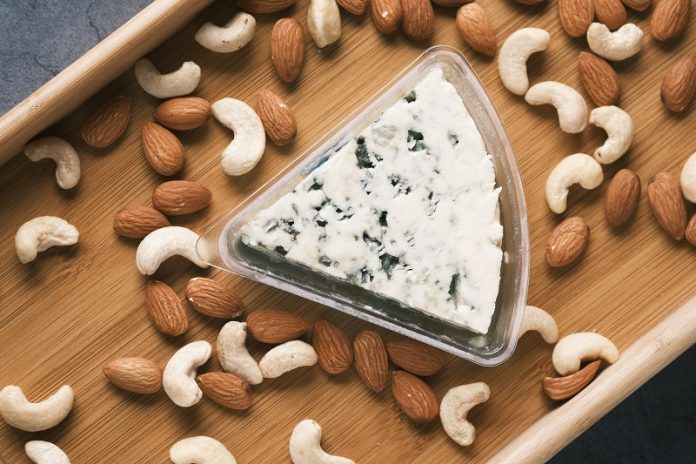
So, you brush your teeth twice a day and you don’t forget to floss. But did you know that what you eat can also impact your dental health?
It’s true! Your food choices can make your teeth happier or sadder.
Let’s dive into a story about how dairy and plant-based foods affect your teeth.
Why Dairy Foods Are Your Teeth’s Best Friends
Let’s start with the usual goodies we love from the dairy aisle – milk, cheese, and yogurt. These foods are packed with nutrients like protein and calcium that your body (and teeth!) needs.
And the good news? There’s a whole bunch of proof that says dairy foods are great for your teeth.
But wait, we hear you ask, what about those fancy plant-based alternatives? Well, that’s a good question!
The Plant-Based Alternative Showdown
More and more, people are turning to plant-based alternatives to replace their dairy favorites. But, it’s important to remember that these products might not provide the same dental health benefits as the real deal.
A recent study by some brainy folks named Shkembi and Huppertz found out some interesting stuff.
They looked at plant-based substitutes for milk, yogurt-like foods, and cheese alternatives to see how they stack up against dairy when it comes to your teeth.
The Sugar Story
Milk and dairy foods have a type of sugar called lactose. This sugar isn’t as bad for your teeth as other sugars.
But, plant-based foods can have sugars like sucrose, glucose, and maltose. And these sugars are more likely to lead to worse teeth health.
The Mineral Match-Up
Plant-based drinks have the same amount of calcium and phosphate as milk, but only because they’re added in during the making process.
The amount can change between brands and types of plant drinks. On the other hand, the calcium in cheese or milk can help your teeth regain minerals they lost from other foods.
The Protein Puzzle
Milk has a lot of a protein type called caseins, which help protect your teeth. It works in a few ways, like sticking to your teeth to protect them, fighting acids in your mouth, and also because of other stuff in milk like lactoferrin and lysozyme.
These have an antibacterial effect which helps stop your teeth from getting cavities.
The Dental Diet Plan
So how can you eat to keep your teeth healthy? Here are a few tips:
Drink more water. Water is the best drink for you. It helps spread nutrients around your body, get rid of waste, and keep everything working as it should. After water, milk is the next best option for good teeth health.
Cut down on added sugar. Eating too much sweet food and drink can hurt your teeth. This includes candy and fruit juice. These are a top cause of tooth decay.
Stick to the Aussie food guide. This guide says to have a cup (250ml) of milk, three-quarters of a cup (200g) of yogurt, two slices (40g) of cheese, or half a cup (120g) of ricotta cheese each day.
And there you have it! Now you know a little bit more about how your food choices can impact your dental health.
Remember, while plant-based alternatives are an option, they might not offer the same dental benefits as dairy. So, keep smiling and make those teeth happy!
If you care about tooth health, please read studies about how to prevent and reverse gum disease, and what to know about tooth decay and gum disease.
For more information about tooth health, please see recent studies about diabetes and gum disease, and results showing this diet could help treat gum disease.
The study was published in Nutrients.
Follow us on Twitter for more articles about this topic.
Copyright © 2023 Knowridge Science Report. All rights reserved.



